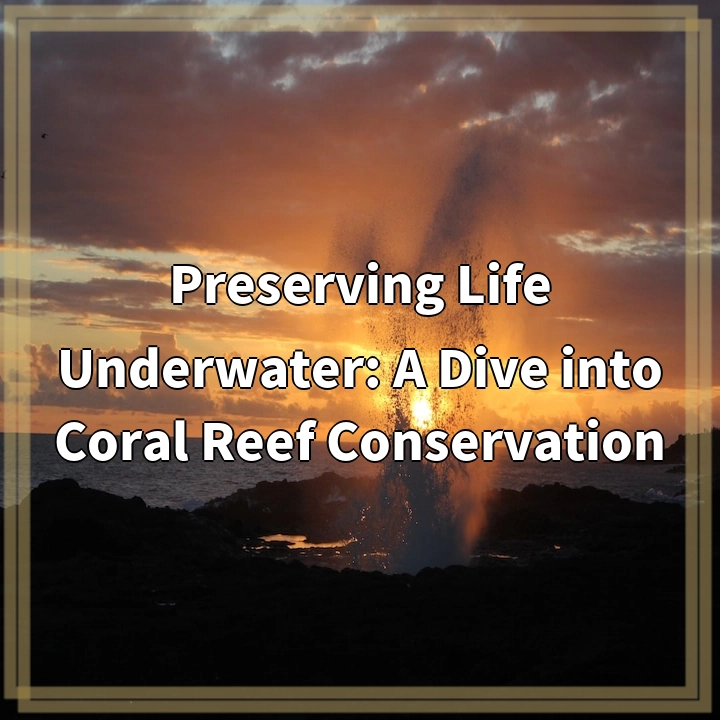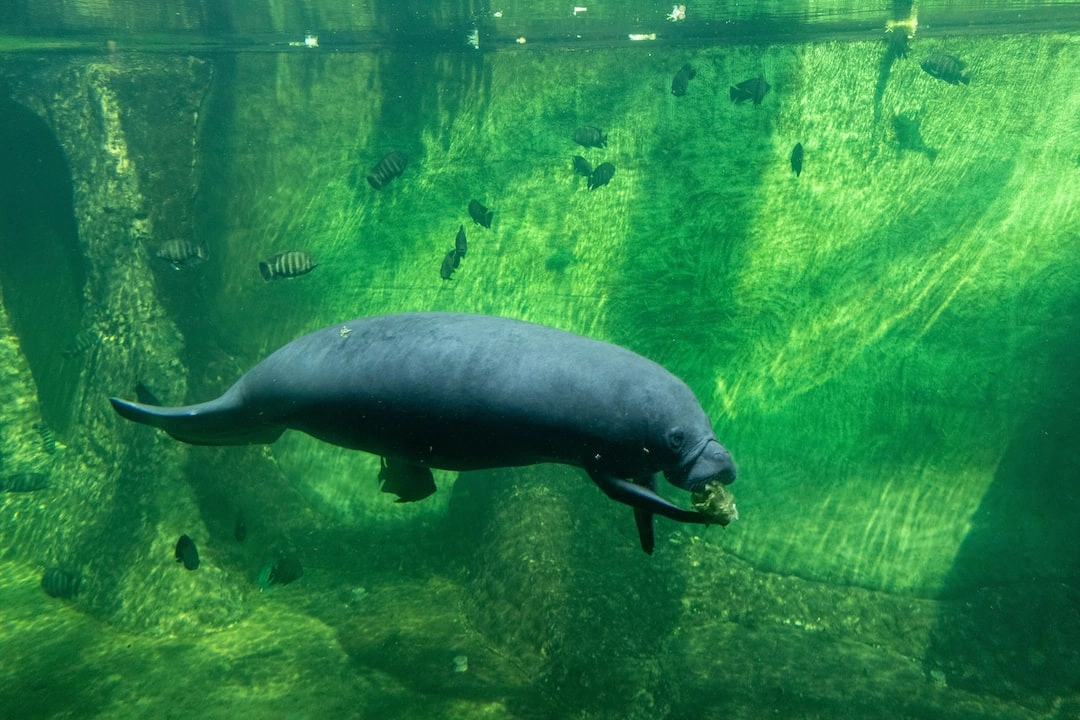
What it is:
Coral reefs are underwater ecosystems formed by the accumulation of calcium carbonate from the skeletons of coral organisms. These magnificent structures provide vital habitats for a diverse range of marine species, supporting one of the most biodiverse ecosystems on the planet. Coral reefs are not only visually stunning but also play crucial roles in carbon storage, coastal protection, and local economies through tourism and fishing.
Real-world problems:
1. Climate Change and Ocean Acidification:
The increasing levels of greenhouse gases in the atmosphere are leading to rising sea temperatures and ocean acidification. These changes have severe consequences for coral reefs, as coral organisms are highly sensitive to temperature and pH fluctuations. As a result, coral bleaching events, where corals expel their symbiotic algae, are becoming more frequent and devastating. If global warming continues at the current pace, coral reefs may face irreversible damage and even extinction.
2. Overfishing and Destructive Fishing Practices:
Overfishing and destructive fishing practices, such as dynamite fishing and bottom trawling, are posing significant threats to coral reef ecosystems. Overfishing not only disrupts the delicate balance of marine food webs but also removes crucial species that play roles in reef health, such as grazers that control algae growth. Destructive fishing practices, on the other hand, directly damage or destroy coral reefs, leaving them vulnerable to degradation and slow recovery.
3. Pollution and Coastal Development:
Pollution from land-based activities, such as agriculture, industrial waste, and sewage discharge, can have severe impacts on coral reefs. Nutrient runoff can cause excessive algae growth, smothering corals and inhibiting their growth. Additionally, sedimentation from coastal development can suffocate coral reefs by blocking sunlight and burying them under layers of sediment. The accumulation of plastic waste in the oceans also poses a threat, as corals can ingest microplastics, leading to health issues.
4. Coral Mining and Tourism Pressure:
Unregulated coral mining, driven by the demand for building materials and souvenirs, has caused extensive damage to coral reefs in various regions. Removing coral skeletons disrupts the fragile structure of the reefs, making them more susceptible to erosion and degradation. Tourism, if not managed sustainably, can also place immense pressure on coral reefs. Activities like anchoring, snorkeling, and diving can damage corals, and the sheer number of visitors can lead to overcrowding and stress on the delicate ecosystems.
5. Invasive Species and Disease Outbreaks:
Invasive species, whether introduced intentionally or accidentally, can have disastrous consequences for coral reefs. For example, the predatory crown-of-thorns starfish has decimated coral populations in several parts of the world. Additionally, coral reefs are increasingly vulnerable to disease outbreaks, such as coral bleaching-associated diseases and coral-eating diseases. These diseases can quickly spread and cause widespread mortality, further exacerbating the challenges faced by coral reef ecosystems.

Solutions for Coral Reef Conservation:
Preserving coral reefs requires collective efforts from individuals, communities, governments, and organizations. Here are some solutions to address the real-world problems associated with coral reef conservation:
1. Climate Change Mitigation:
Tackling climate change is crucial for the long-term survival of coral reefs. Reducing greenhouse gas emissions and transitioning to renewable energy sources can help mitigate rising sea temperatures and ocean acidification. Additionally, supporting initiatives that protect and restore carbon sinks, such as mangrove forests and seagrass meadows, can aid in carbon sequestration and provide adjacent habitat for coral reefs.
2. Sustainable Fishing and Marine Protected Areas:
Implementing sustainable fishing practices, such as establishing fishing quotas and regulating gear use, can help maintain healthy fish populations and reduce the impact of overfishing. Creating well-managed marine protected areas (MPAs) can also safeguard coral reefs and their associated biodiversity by restricting harmful activities and providing areas for ecosystem recovery. Engaging local communities in the management of MPAs is crucial for their success.
3. Pollution Prevention and Coastal Management:
Implementing effective strategies to reduce pollution is essential for coral reef health. This includes implementing strict regulations and proper waste management systems to prevent pollution runoff from reaching the oceans. Promoting sustainable agriculture practices and reducing the use of harmful chemicals can also minimize nutrient pollution. Sustainable coastal development practices, such as responsible planning and construction, can help mitigate sedimentation and protect nearby coral reefs.
4. Regulated Coral Harvesting and Sustainable Tourism:
Enforcing regulations to control and regulate coral mining can help prevent further damage to reefs. Encouraging the use of alternative materials for construction and promoting sustainable souvenir industries can reduce the demand for coral products. Sustainable tourism practices, such as using mooring buoys instead of anchoring on coral, educating visitors about reef conservation, and limiting visitor numbers, can minimize the impact of tourism on coral reef ecosystems.
5. Disease Management and Research:
Efforts to understand and manage coral diseases are crucial for reef resilience. Investing in research and monitoring programs can help identify disease outbreaks early on and implement appropriate measures to mitigate their impacts. Additionally, implementing effective biosecurity measures can help prevent the introduction and spread of invasive species that can harm coral reefs.
By implementing these solutions collectively, we can work towards preserving and restoring the critical ecosystems provided by coral reefs, safeguarding their biodiversity, and ensuring the long-term survival of these underwater wonders.















